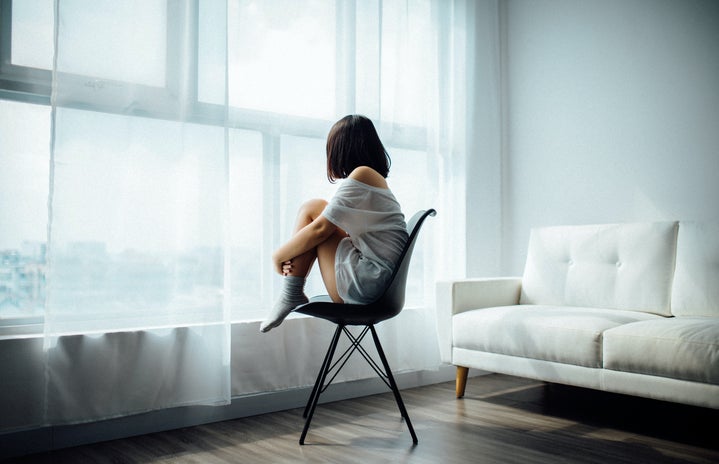Over the last several years, we’ve seen the foundations of mental health destigmatization take root. Mental illnesses are represented in media, celebrities are coming forward with their mental health struggles, depression and anxiety screenings are becoming routine at checkups and things like medication and therapy are talked about more openly.
But are we all progressing toward mental health awareness equally? According to the American Psychological Association, Asian Americans are three times less likely to seek help or utilize mental health resources than their white counterparts, which begs the question: what’s stopping Asian Americans from addressing their mental health concerns and what can we do about it?
A significant part of the Asian American experience is the pressure to perform. This pressure comes from families, who often expect their children to receive nothing but top marks; society and the model minority mold, gaslighting Asian American issues and driving a wedge between Asians and other marginalized ethnic groups; and eventually ourselves, after years of internalizing from outside sources. All of this pressure can create mental distress, particularly leading to disorders like anxiety and depression. However, as part of the hardworking, obedient Asian stereotype, we are hesitant to admit that we need help.
Growing up, mental health was never something my family and I talked about. Despite struggling with my mental health and wanting to go to therapy, I thought it would be embarrassing to ask for it and I didn’t want to be looked at differently. It is part of traditional Asian culture and values to take care of others and provide for our family, and because something like mental illness impairs our ability to do so, it is closely associated with shame and is discouraged from being talked about. Even though my family has been Americanized, the historically taboo nature of mental health among Asian people still holds true for us.
Living away from home gave me the resources and independence I needed to go to therapy and get on medication for my mental health. Even though it’s still awkward, already having done the hard part of seeking help makes it a little less intimidating to talk to my parents about it because I can at least tell them that it’s working. Mental health stigmatization among Asian and Asian American communities is not something that can be undone overnight, but the vulnerability of our generation and our willingness to share our experiences have the potential to make a difference in lessening that stigma.


